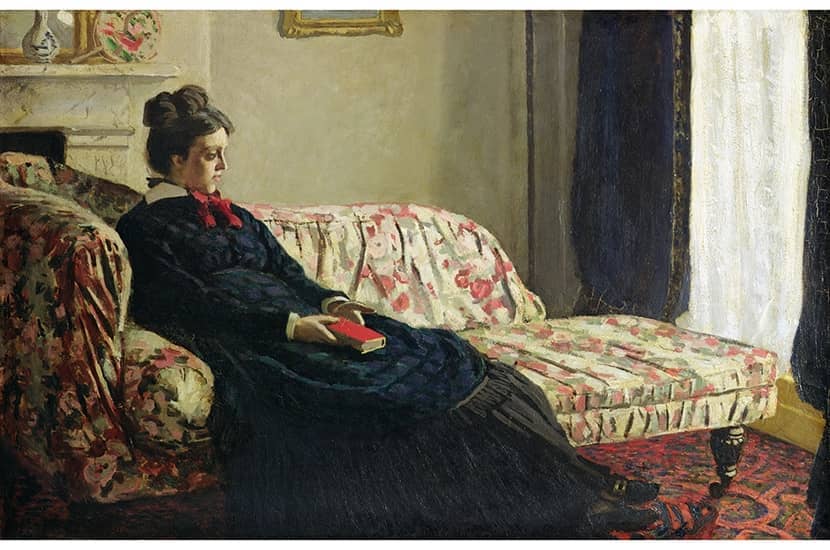In 1887, Friedrich Nietzsche made a complaint about the modern world, writing in The Gay Science:
Even now one is ashamed of resting, and prolonged reflection almost gives one a bad conscience. One thinks with a watch in one’s hand, even as one eats one’s midday meal while reading the latest news on the stock market; one lives as if one always ‘might miss out on something’.
Johann Hari’s Stolen Focus rehearses this complaint. We fill our lives with distractions, he says, and have no time to think. He adds a few new problems, though they’re also pretty familiar: we are constantly on our phones; social media is bad for us; we don’t read enough books; we don’t spend enough time doing nothing; we work too hard; we are too fat; our diet is bad; we don’t sleep well; the internet is addictive; businessmen make money out of keeping us glued to our screens; children are not allowed to play.
Hari takes these complaints to various ‘experts’ for insights, who patiently explain things to him, and he gradually becomes more enlightened. But it’s all banality and platitude. An aperçu from Joel Nigg, ‘one of the leading experts in the world on children’s attention problems’ is: ‘We have bad food… and people are getting fat.’ Another reckons that to get stuff done we need to concentrate: ‘If we want to do what matters in any domain we have to be able to give attention to the right things. If we can’t do that, it’s really hard to do anything.’ More breakthrough thoughts include: ‘There’s something about speed that feels great’; and ‘what happens with our cellphones is that we put a thing in our pocket that’s with us all the time that always offers the easy thing to do rather than the important thing’.








Comments
Join the debate for just £1 a month
Be part of the conversation with other Spectator readers by getting your first three months for £3.
UNLOCK ACCESS Just £1 a monthAlready a subscriber? Log in